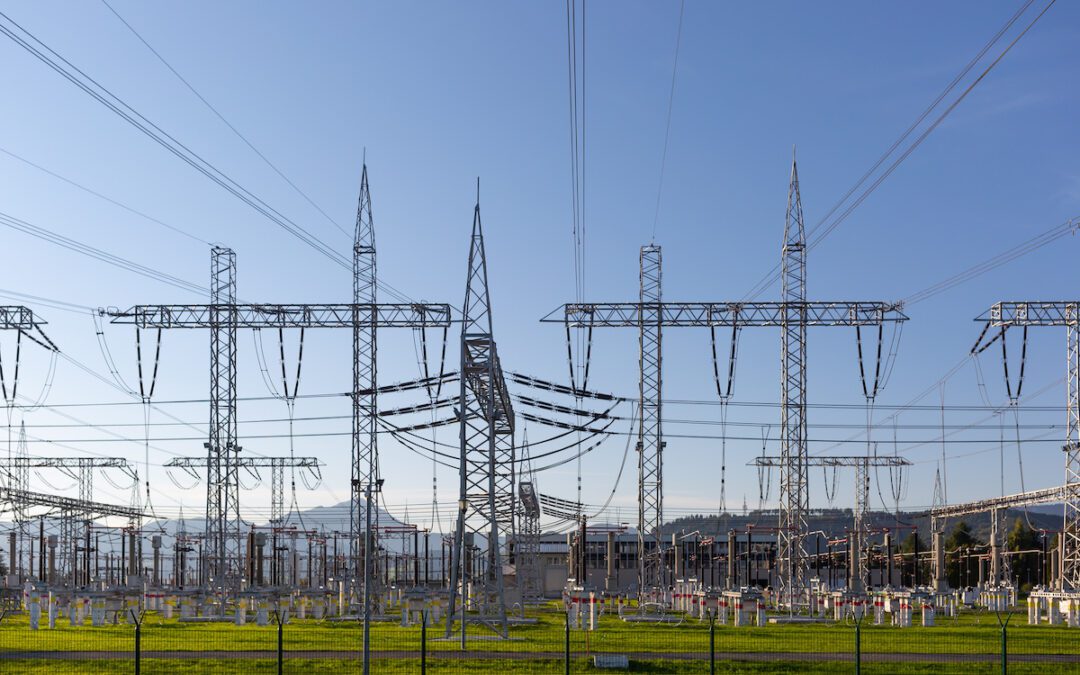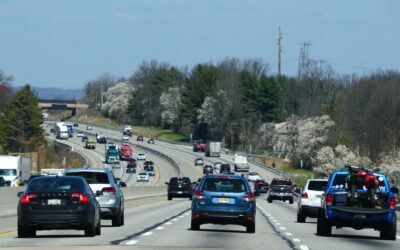
(Shutterstock)
Encountering a pothole on a Pennsylvania road is a daily occurrence. Here’s what you need to know about reporting them and filing a claim for damages caused by them.
Potholes. It seems like every Pennsylvania road has them and we all complain about them. The pothole problem has not gone unnoticed outside of the commonwealth. President Biden’s bipartisan infrastructure bill dedicated $4.4 billion to fixing 7,540 miles of Pennsylvania highway in poor condition.
But do you know why our roads are riddled with them and what to do if one causes serious damage to your car?
Potholes are a fact of life in Pennsylvania thanks to what’s called a freeze/thaw cycle.
In the commonwealth, daily temperatures can fluctuate between freezing and mild during the winter months. After precipitation, either rain or snow, the water seeps into the soil below the roadway. When it gets colder, the precipitation freezes and the ground expands, pushing the road up. Then, as the weather warms, the precipitation melts, and a gap is left between the road and the ground below it. When a vehicle drives over it, the road cracks, falls into the gap, and creates a pothole.
So, winters with a lot of precipitation and changes in temperature result in more potholes. Sounds like a typical Pennsylvania winter.
Here’s what you should do if you encounter a large pothole, who to call, and who to report damages to.
Who to call
Every winter, the Pennsylvania Department of Transportation budgets millions of dollars for maintenance, including salting and plowing roadways. With the money that’s left over, PennDOT works on fixing potholes.
PennDOT can only fix potholes if they know about them. Drivers are encouraged to report potholes on state-owned roadways by calling 1-800-FIX-ROAD or visiting customercare.penndot.gov. When reporting a pothole, it helps to be as specific as possible. If you can, note the county, municipality, street name, and/or route number. Descriptions of familiar landmarks that could help PennDOT locate the problem area are also encouraged.
If it isn’t a state-owned road, you’ll have to contact the local municipality’s public works department.
How to find out who owns the road
PennDOT maintains a map of all the roadways in the state and designates whether they are expressways, toll roads, multi-lane highways, traffic routes, state maintained roads and bridges and local roads. Municipal boundary lines including state, county, township, city and borough are displayed.
If the PennDOT map is too confusing, you can always contact the local municipality or county to find out if it’s a state road or township road, or contact PennDOT and they will tell you as well.
How to report vehicle damage
There is action you can take should your car sustain damage from a pothole on a state road. You can file an insurance claim against the commonwealth with the Bureau of Finance and Risk Management (FARM), which is responsible for determining if a claim should be paid. (FARM is not associated with PennDOT, which maintains Pennsylvania’s roads). On non-state roads, it depends on where you are. In Allegheny County, you can file a claim directly with the county. In Philadelphia, you can file a claim with the city.
While filing a claim is a pretty straightforward process, getting reimbursed for damages can be tricky. Typically, these entities only claim responsibility for damages if they’re aware of a pothole and don’t fix it in a timely manner. So the road to reimbursement can involve navigating some red tape. Reaching out to your state representative’s office to help navigate that red tape is always an option in those instances.
Support Our Cause
Thank you for taking the time to read our work. Before you go, we hope you'll consider supporting our values-driven journalism, which has always strived to make clear what's really at stake for Pennsylvanians and our future.
Since day one, our goal here at The Keystone has always been to empower people across the commonwealth with fact-based news and information. We believe that when people are armed with knowledge about what's happening in their local, state, and federal governments—including who is working on their behalf and who is actively trying to block efforts aimed at improving the daily lives of Pennsylvania families—they will be inspired to become civically engaged.


For first time, Pa. power grid operator concerned supply might fall short of summer demand
The regional electric grid operator PJM Interconnection forecasts for the first time that it might not be able to supply enough power to...

Pennsylvanians get a boost as lawmakers back plan for cheaper, cleaner energy
Gov. Josh Shapiro’s Lightning Plan recently had two bills move forward with bipartisan support in the Pennsylvania state House. Here’s what they’d...

To prevent blackouts, Trump administration keeps aging Pennsylvania power plant online through summer
The U.S. Department of Energy has ordered another power plant, this time an oil and gas plant in Pennsylvania, to keep its turbines running through...

EPA rolls back PFAS regulations: What it means for Bucks County
The EPA announced it's extending the deadline on removing two forever chemicals from public water systems and rescinding regulations on three other...

With public transit agencies in dire straits, Pa. House puts Shapiro’s funding plan into play
As the commonwealth’s two largest public transportation systems barrel toward fiscal crises and sweeping service cuts, Pennsylvania lawmakers...





